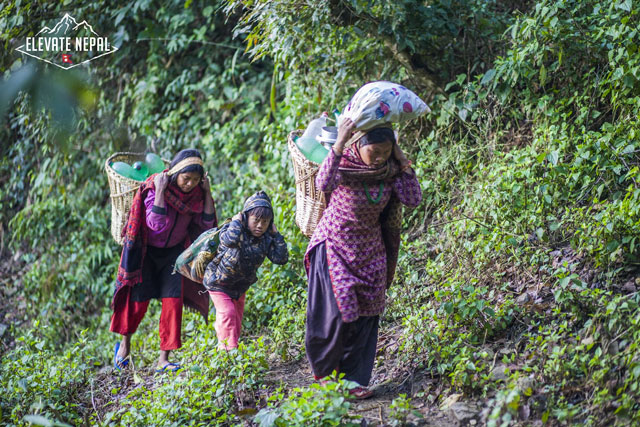Our team at Elevate Nepal is gearing up to execute the final and most-challenging phase of our three-year potable water and sanitation project in Nepal’s remote Makwanpur District. The three-phase project aims to build critical infrastructure in the country’s most remote mountain villages to combat waterborne illness, address food scarcity and build a foundation for education and employment.
Once complete, each of the district’s villages will have clean drinking water, electricity, and biogas toilets in every house for the first time in history–an impact that will reverberate for generations.
Recapping Phases 1 and 2.
In the summer of 2022, we successfully captured and distributed potable water to the village of Gopeghari. The impacts of our project are clear and far reaching. Clean water and biogas toilets have helped make the village cleaner and more hygienic, improving sanitation and reducing life-threatening illness. The introduction of new crops, such as a variety of leafy greens, onions and tomatoes, in addition to a reliable water source, has created higher agricultural output and less hunger. Gopeghari has electricity for the first time in history, improving overall quality of life for villagers.
The following six months focused on bringing water, sanitation and electricity to the neighboring village of Deurali, located lower on the mountainside than both Gopeghari and the fresh water source. Because Deurali has a larger population and the houses are spread farther apart, the construction team built an 11,000-gallon reservoir tank and ran six miles of additional piping. A series of pressure reducer chambers and valves were installed because of the drastic elevation difference in the location of houses in this section of the system.
These two phases allowed Elevate Nepal to form strong partnerships with the local government, federal government ministries, village residents, a private hydro engineering company (Systematic Engineering Associates Consultancy Pvt. Ltd.), and the Nepal Electrical Authority. Each party played a key role in the success of this project and laid the foundation for our future work.
Gearing up for Phase 3.
Our team is excited to start the project’s third and final phase this December. Located farther down the hill from both Gopeghari and Deurali, we will expand our already-established water, sanitation and electricity systems to Dhusarang. This will be the most challenging phase yet due to the village’s population size and distance from the current water source. Dhusarang is a growing community with 215 people and 40 houses. It also has one small school for grades one through five servicing 100+ students from the surrounding villages. The village has no water, electricity nor functioning toilets.
Phase 3 will require:
- An additional 10,000-gallon reservoir tank
- Five more miles of piping
- Biogas toilets
- Water taps
- Building materials
Our goal is to bring these services to all 40 houses and the school by June 2024. As with all our projects, Elevate Nepal will continue to empower people at the local level with the tools, skills and resources to sustain and grow their communities in a responsible and reasonable manner. This creates a sense of pride and ownership in their villages.
Looking ahead.
Once infrastructure is in place to help meet villagers’ basic needs like clean water, sanitation and thriving crops, residents can turn their attention to pursuits such as education and employment. We plan to foster this through agriculture programs that offer transferable skills and income sources already available to the region. Eventually, we hope to build a school and health post in the District.
Thanks to the new, clean water systems in Gopeghari and Deurali, community expectations for local children have already begun to change.
Babu Lal Parcha, a 41-year-old with six children, resides in Gopeghari and has contributed much of his time and labor to help build the water system. In June 2023, one year after water reached Gopeghari, he reflected on the past year and discussed his future wishes for his village:
“It has been way easier for us compared to before. As a result of regular water supply and the work done by (Elevate Nepal), we feel more secure, “ Babu says. “The hassle of having to carry water back and forth is no more, and we are very happy. For my children, I wish to see them do better than their fathers and grandfathers. I hope they can utilize their capacity to the fullest, become wise, and improve their lives further. My children should certainly have a chance at education at all costs.”
With the right funding, we can continue to take our research to the next level, expanding our infrastructure projects to support families and future generations.


